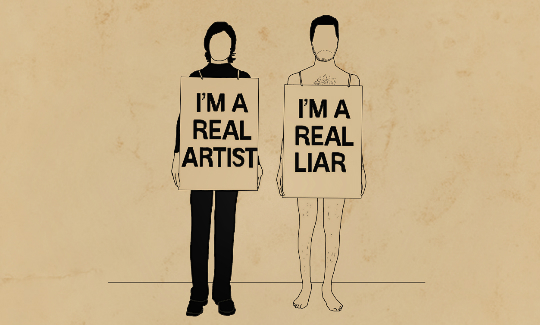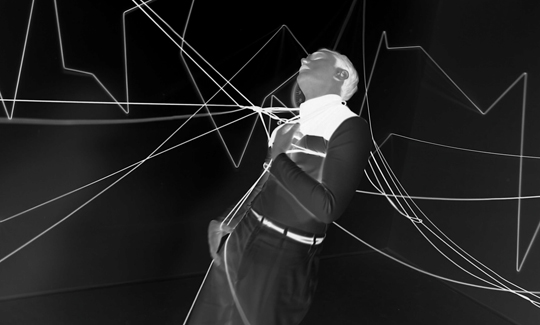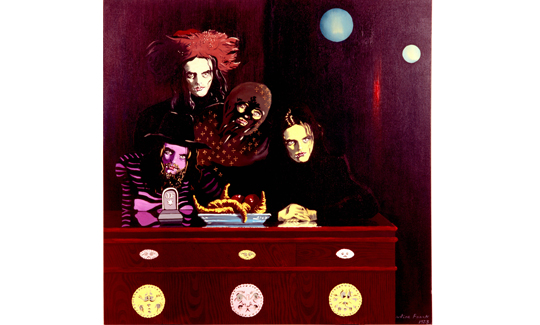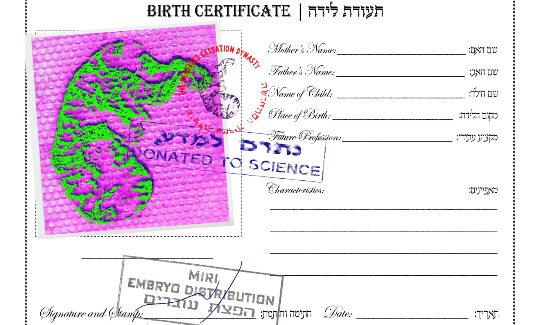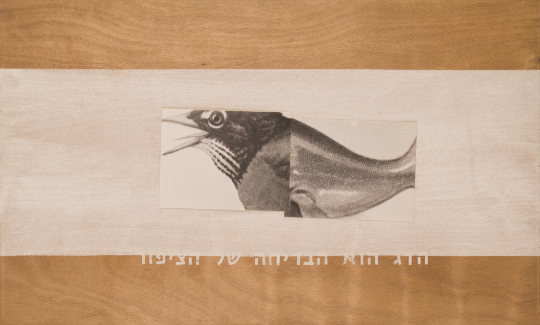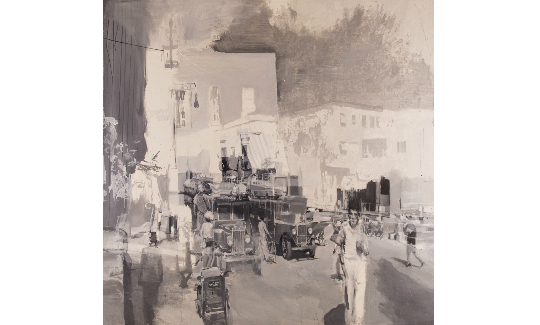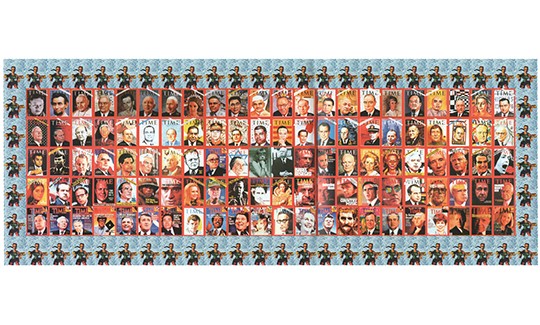"The True Artist"
Saturday, 30.03.19, 20:00
Wednesday, 06.11.19
:
Svetlana Reingold
More info:
04-6030800The authentic identity at the heart of modern Western culture was formulated by numerous philosophers. The authentic individual, according to Friedrich Nietzsche, is the "Superman" (Übermensch), who rises above himself and replaces God as the creator of the universe. Martin Heidegger articulated the call for authenticity by placing man in a constant free movement toward self-realization, peaking in the individual's solitary confrontation with his own demise, which is nothingness. Jean-Paul Sartre defined the authentic man as he who is sentenced to liberty and acknowledges the void as the heart of his existential identity.
In modern art, these ideas underlie the conception of the true artist as "original," that is – as his own origin. Modern artists tried to rebel against the identities imposed on the individual by society, the state, religion, school, and parents. They defined the expectations inherent in the social role and professional nature of art, while seeking to subvert accepted national and cultural identities. Modern art, in its search for the "true self," sought to grant a central place to the question posed by the artist: who controls the social mechanism defining identities and roles – social and state institutions, or the artist himself?
This exhibition seeks to explore the subversion of the myth of the "true artist" in Israeli art, through a selection of works from the 1970s to the present day. The exhibition poses challenges to the understanding of the artist as a stable subject with one true voice. It reflects the dispute between different concepts of truth and fiction, reality and fantasy, in various ideological, cultural, emotional, and aesthetic contexts, while exploring the possible duplication and fusion of identities in relation to these contexts.
The challenge to the myth of the true artist, to the sovereignty of the authentic subject, has its roots in modernity itself. Movements that were themselves Modernist, such as Dada and Surrealism, challenged this conception by means of self-parody, fantasy, disguise, and assumed identities. The varied discourse that developed as a result focused on the complex relations between the unattainable origin and the range of signifiers, imitations, and substitutes it spawns.
The rise of postmodernism in the late 1970s carried with it a message that was the opposite of the authentic subject – one of fiction, impersonation, fraud, and deception. According to this strategy, based on the rules of "as if," the visual artist takes on different characters, like an actor; using manipulation and deception, he highlights the fragility of truth. According to philosopher Michel Foucault, the actor is the most significant offender in the modern state. He can take the rules of the dominant culture and undermine them, distort their meaning, betray them. He can thereby show us that our communal body – whether political, social, or economic – can exist and behave in a different way.
Expressing their criticism of identity politics, which is a hallmark of the "fake news" era, the contemporary artists participating in this exhibition offer various ways of presenting different and heterogenic voices. Each of these voices emphasizes the importance of fabrication in the struggle against artistic authority and the fixation of the artist's biography. The fabrication process exposes the fictional quality of the ways in which identity is constructed in contemporary Israeli culture.
The trend of impersonations in Israeli art focuses in large part on issues related to the Holocaust and the IDF. The choice of these central, loaded themes as objects of theatrical fabrication amplifies the shock of "desecration," yet also promotes a critical perspective on relations between the citizen and the state. A similar identity discourse is also conducted in the context of Palestinian artists working in Israel. According to artist Farid Abu-Shakra, Palestinian artists should be aware of the complexity of local identities when exploring Israeli society's colonialist oppression of its minorities. In his opinion, such awareness can provide legitimacy for the creation of a visual language unique to the Israeli-Palestinian minority.
Solo Projects: Damien Hirst, Eyal Weiser and Rami Maymon, Miri Nishri, Roee Rosen
Participating artists: Hena Evyatar, Dov Or Ner, Boaz Arad, Yael Bartana, Gideon Gechtman, Yair Garbuz, Josyane Vanounou, Michael Halak, Rona Yefman, Yasumasa Morimura, Karam Natour, Michal Na'aman, Uri Katzenstein, Igael Tumarkin
Curator: Svetlana Reingold

